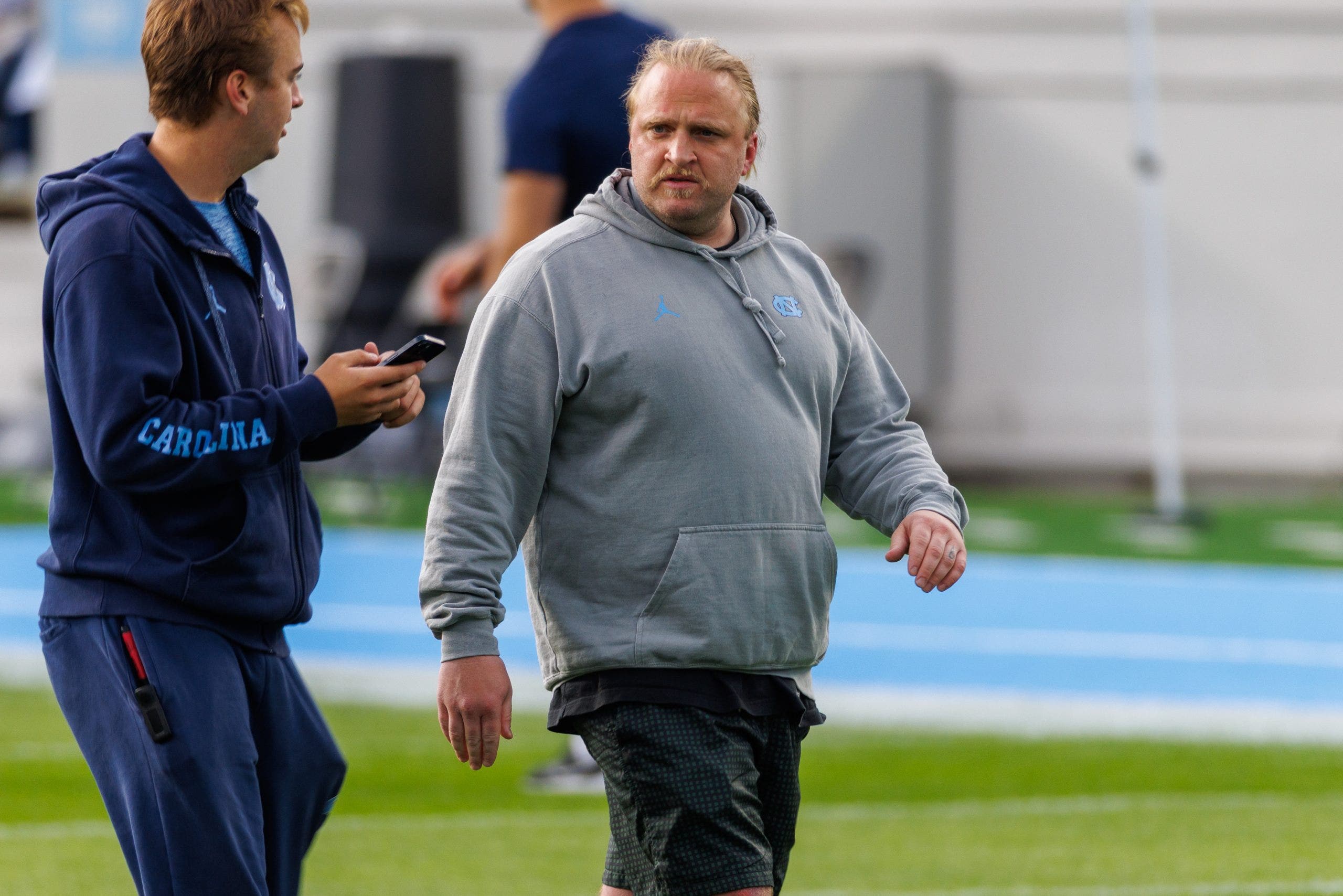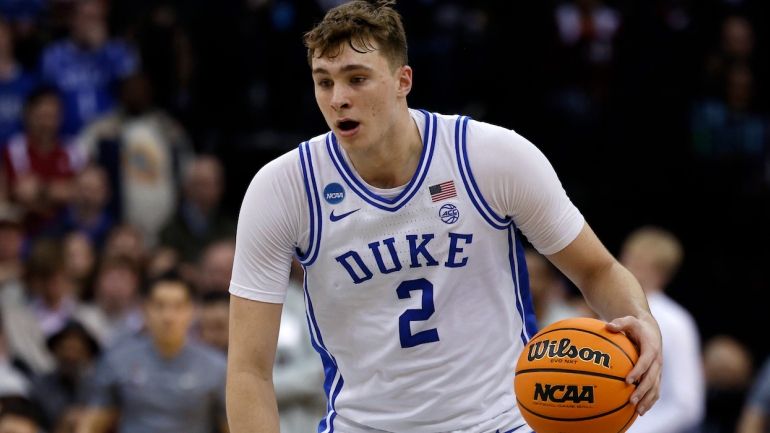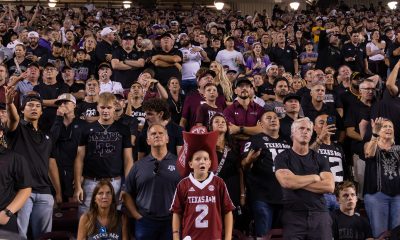For the first time in either of its college football video game series, EA Sports incorporated real-life coaches into “College Football 26.” But as over 300 real-life coaches were included in the game, those who got to play “College Football 26” on its early release day recognized that two of the most well-known coaches in the sport weren’t among them.
North Carolina’s Bill Belichick and Colorado’s Deion Sanders declined to lend their likeness for “College Football 26” to EA Sports, The Athletic reported. Miami (Fla.) coach Mario Cristobal and Iowa’s Kirk Ferentz are also among the head coaches who aren’t in “College Football 26.”
Belichick’s decision not to be featured in “College Football 26” shouldn’t come as too much of a surprise. During his 24 seasons as head coach of the New England Patriots, Belichick frequently declined EA Sports to use his likeness for the “Madden” video game series. Instead, the game developers would have a random character as the head coach of the Patriots.
As for Sanders, he typically lent his likeness to EA Sports for the “Madden” series during his playing career. The reasoning for why Belichick, Sanders and other coaches who didn’t lend their likeness for “College Football 26” is unclear.
Similar to what EA Sports did with Belichick when he opted not to appear in the “Madden” video game series, coaches who declined to appear in “College Football 26” were replaced by random characters. “Hector Luna” is the coach of UNC in place of Belichick, while “Kirk Patrick” is Colorado’s coach in place of Sanders, according to On3.
While the most prominent Belichick isn’t in “College Football 26,” there is a member of the family in the game. UNC defensive coordinator Steve Belichick allowed EA Sports to use his likeness in “College Football 26,” the game’s principal game designer, Ben Haumiller, said in June.
“Bill Belichick, historically, famously was not in ‘Madden’ for a lot of years. We chased him forever. We even had coach [John] Madden reach out to him,” Haumiller told the “Split Zone Duo” podcast. “So, when this opportunity came around, that was a joke internally, like, ‘Are we going to get Bill?’ And they never did.
“When it came to Belichick, there were some questions of how he would show up. Ultimately, we were never able to come to a resolution with him. Hopefully, that changes.”

Unlike his father, North Carolina defensive coordinator Steve Belichick will appear in “College Football 26.” (Photo by Peyton Williams/Getty Images)
Steve Belichick, the eldest of Belichick’s two sons, became UNC’s defensive coordinator shortly after his father became the program’s head coach. He was Washington’s defensive coordinator under Jedd Fisch last season, marking his first year of coaching college ball. He previously spent several seasons on his father’s coaching staff with the Patriots.
Stanford interim coach Frank Reich, Utah State’s Bronco Mendenhall, Western Kentucky’s Tyson Helton, Jacksonville State’s Charles Kelly, UAB’s Trent Dilfer, Louisiana-Monroe’s Bryant Vincent, New Mexico’s Jason Eck and Kent State’s Mark Carney are the other FBS head coaches who reportedly declined to lend their linked for “College Football 26.”
As several head coaches declined to share their likeness for “College Football 26,” a handful of the game’s top coaches appeared on one of the covers for the video game. Ohio State’s Ryan Day, Penn State’s James Franklin, Georgia’s Kirby Smart, Arizona State’s Kenny Dillingham, Ole Miss‘ Lane Kiffin and Oregon’s Dan Lanning each appeared on the cover of the deluxe version of “College Football 26.”
The full release for “College Football 26” will take place on Thursday, but some users were able to start playing the game on Monday if they pre-ordered the deluxe version.
Want great stories delivered right to your inbox? Create or log in to your FOX Sports account, follow leagues, teams and players to receive a personalized newsletter daily.
recommended

Get more from the College Football Follow your favorites to get information about games, news and more















 Haliburton was a NON-FACTOR for Pacers | NBA Countdown
Haliburton was a NON-FACTOR for Pacers | NBA Countdown













































